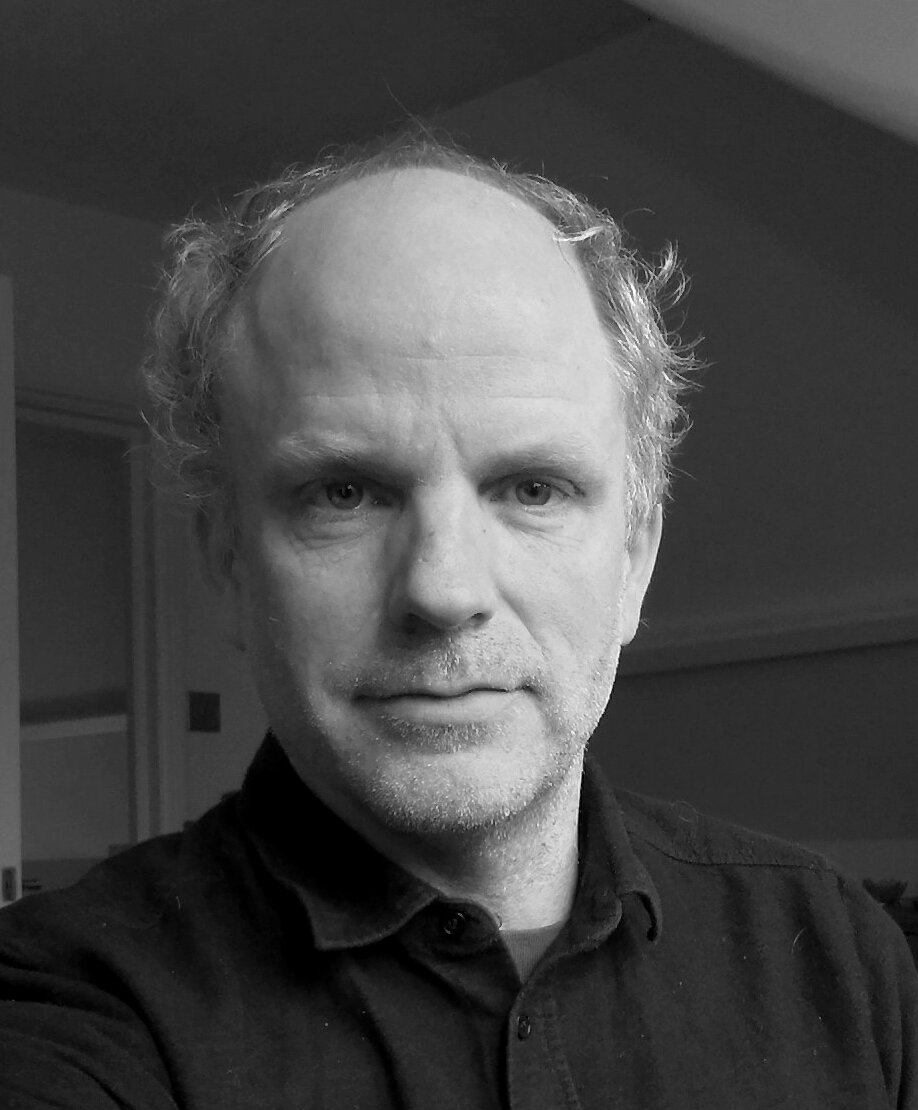June 15th: John Tresch in conversation with Paul La Farge
Presented by 192 Books and Paula Cooper Gallery, John Tresch will be discussing his new book, The Reason for the Darkness of the Night: Edgar Allan Poe and the Forging of American Science, with Paul La Farge.
The live event will stream directly on this page on Tuesday, June 15th at 6pm EST. There is no login or rsvp required. A recording will be archived and posted shortly afterwards. During the broadcast, please email your questions to evan@192books.com.
John Tresch — The Reason for the Darkness of the Night: Edgar Allan Poe and the Forging of American Science (Farrar, Straus and Giroux, 2021)
n The Reason for the Darkness of the Night, John Tresch offers a bold new biography of a writer whose short, tortured life continues to fascinate. Shining a spotlight on an era when the lines separating entertainment, speculation, and scientific inquiry were blurred, Tresch reveals Poe’s obsession with science and lifelong ambition to advance and question human knowledge. Even as he composed dazzling works of fiction, he remained an avid and often combative commentator on new discoveries, publishing and hustling in literary scenes that also hosted the era’s most prominent scientists, semi-scientists, and pseudo-intellectual rogues. As one newspaper put it, “Mr. Poe is not merely a man of science—not merely a poet—not merely a man of letters. He is all combined; and perhaps he is something more.”
Taking us through his early training in mathematics and engineering at West Point and the tumultuous years that followed, Tresch shows that Poe lived, thought, and suffered surrounded by science—and that many of his most renowned and imaginative works can best be understood in its company. He cast doubt on perceived certainties even as he hungered for knowledge, and at the end of his life, delivered a mind-bending lecture on the origins of the universe that would win the admiration of twentieth-century physicists. Pursuing extraordinary conjectures and a unique aesthetic vision, he remained a figure of explosive contradiction: he gleefully exposed the hoaxes of the era’s scientific fraudsters even as he perpetrated hoaxes himself.
Tracing Poe’s hard and brilliant journey, The Reason for the Darkness of the Night is an essential new portrait of a writer whose life is synonymous with mystery and imagination—and an entertaining, erudite tour of the world of American science just as it was beginning to come into its own.
John Tresch is Professor of History of Art, Science, and Folk Practice at the Warburg Institute in the University of London. He previously taught History of Science and Technology in Philadelphia at the University of Pennsylvania for over a decade. He has held fellowships at the New York Public Library, Columbia University, the University of Chicago, the Max Planck Institute for the History of Science, and the École des hautes études en sciences sociales. He is the author of The Romantic Machine: Utopian Science and Technology after Napoleon.
Paul La Farge is the author of the novels The Night Ocean, The Artist of the Missing, Haussmann, or the Distinction, and Luminous Airplanes, which continues as a large web-based hypertext. He has also written a book of imaginary dreams, The Facts of Winter. His stories and essays have appeared in The New Yorker, The New Republic, Harper's, McSweeney’s, the Los Angeles Review of Books, The Paris Review and other magazines. He has taught at Columbia University, Wesleyan University, Bard College, Sarah Lawrence College, and the University of Leipzig. Currently, he teaches at Bennington College. He is the recipient of a Guggenheim Fellowship, the Bard Fiction Prize, and fellowships from the National Endowment for the Arts, the Dorothy and Lewis B. Cullman Center for Scholars and Writers at the New York Public Library, and the American Academy in Berlin.


